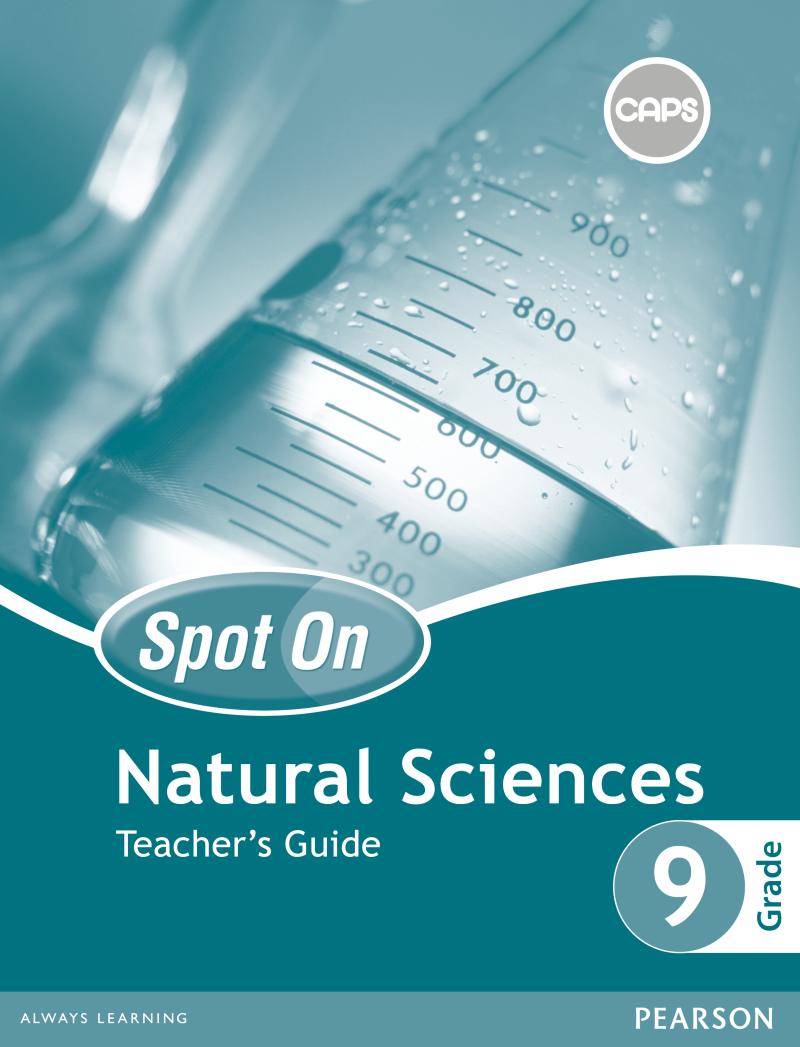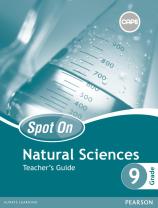What are some examples of Natural Science?
Natural science encompasses various fields that explore the natural world, aiming to understand the laws and principles governing the physical, biological, and Earth sciences. Some examples of natural sciences include:
Physics: Examines the fundamental principles of matter, energy, motion, and forces. Subfields include classical mechanics, quantum mechanics, thermodynamics, electromagnetism, and astrophysics.
Chemistry: Studies the composition, structure, properties, and changes of matter. Branches include organic chemistry, inorganic chemistry, physical chemistry, analytical chemistry, and biochemistry.
Biology: Focuses on the study of living organisms, their structure, functions, evolution, and interactions. Subdisciplines include molecular biology, genetics, zoology, botany, ecology, microbiology, and physiology.
Earth Sciences (Geosciences): Investigates the Earth's physical structure, processes, and systems. It includes geology (study of rocks, minerals, and Earth's history), meteorology (study of weather and atmosphere), oceanography (study of oceans and marine environments), and environmental science.
Astronomy: Explores celestial objects, space, and the universe. It involves the study of stars, planets, galaxies, cosmology (the origin and evolution of the universe), and astrophysics.
Environmental Science: Integrates various sciences to study the environment, ecosystems, and human impact on natural systems. It includes ecology, conservation biology, climate science, and sustainability studies.
Mathematics: Although not always categorized as a natural science, mathematics is foundational to many scientific disciplines. It provides tools and frameworks for modeling, analysis, and understanding phenomena in natural sciences.
These examples represent the diverse range of natural sciences that collectively aim to understand the natural world, phenomena, and systems through empirical observation, experimentation, and theory-building. Each field contributes uniquely to our understanding of the universe and helps solve real-world problems through scientific inquiry and discovery.
Sure, here are some examples of disciplines within Natural Science:
- Biology: The study of life, including its origins, structure, function, growth, evolution, distribution, and taxonomy.
- Chemistry: The study of the composition, structure, properties, and interactions of matter, particularly at the atomic and molecular level.
- Physics: The study of matter, energy, and their interactions.
- Geology: The study of the Earth, its composition, structure, and history.
- Astronomy: The study of celestial objects and phenomena, including stars, planets, galaxies, and the universe as a whole.
Here are some specific examples of studies included in Natural Science:
The study of DNA and genetics: How genetic information is passed from parents to offspring, and how it influences an organism's traits and characteristics.
The development of new drugs and therapies: Understanding the molecular and cellular mechanisms of disease to design effective treatments.
The exploration of space: Investigating the composition and structure of the planets, stars, and galaxies, and searching for signs of extraterrestrial life.
The conservation of biodiversity: Understanding the threats to biodiversity and developing strategies to protect endangered species and ecosystems.
The study of climate change: Understanding the causes and effects of climate change, and developing solutions to mitigate its impacts.
These are just a few examples of the many diverse and fascinating fields within Natural Science. Natural scientists use their knowledge and skills to solve real-world problems, make new discoveries, and improve our understanding of the world around us.


